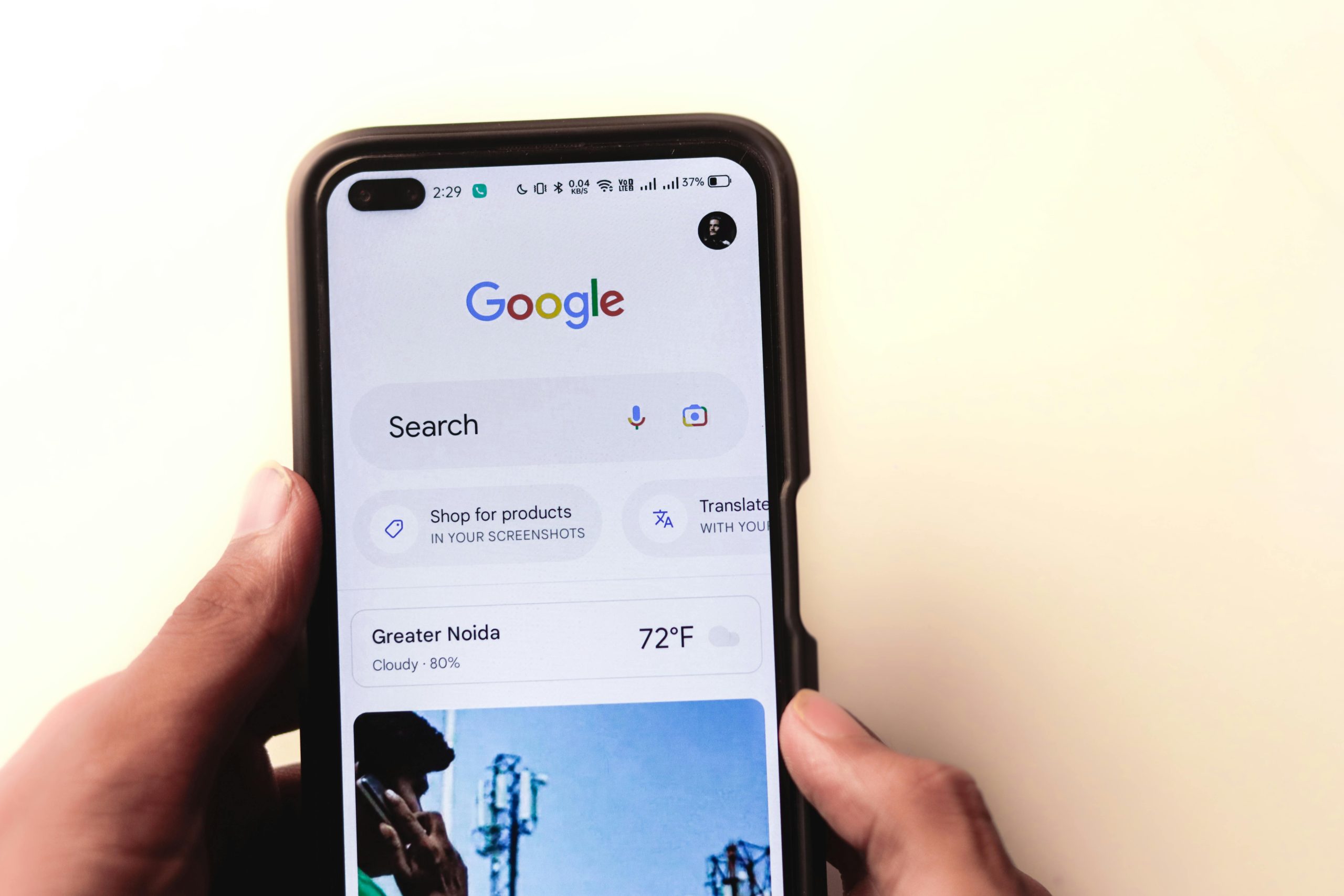Understanding Why Google Search Results Sometimes Change After Refresh and How to Improve Your Search Experience
Many users have noticed a peculiar behavior when using Google Search: upon entering a query, the initial results display Google listings, maps, and other relevant information, only to be replaced moments later by sponsored search recommendations after the page refreshes. This phenomenon can be confusing and may impact the quality of your search experience. Let’s explore why this happens and what steps can be taken to mitigate its effects.
Why Do Search Results Change After Refresh?
The shift from organic results to sponsored advertisements or recommended content is often a result of various underlying mechanisms:
-
Personalized Search Results: Google tailors search results based on your browsing history, location, and other personal data. Sometimes, the initial display may show generic results, but subsequent refreshes adapt to perceived preferences, prioritizing sponsored content.
-
Page Load Dynamics and Scripts: Google’s search results page relies on complex scripts that dynamically load content. During this process, initial results might be replaced as scripts fetch additional data or ads, causing a temporary fluctuation in displayed information.
-
Ad Auction and Bid Strategies: Advertisers bid to have their sponsored listings appear prominently. When the page refreshes or updates, the algorithm may prioritize ads depending on current bidding strategies, location, or device type.
-
Browser Extensions and Ad Blockers: Certain extensions or ad-blocking tools can influence how content is loaded or replaced, sometimes resulting in content shifts or missing results.
How Can You Improve Your Search Experience?
While some factors are outside user control, there are practical steps to reduce unexpected changes and enhance your Google Search interactions:
-
Clear Browsing Data: Regularly clear cookies and cache to limit personalization that might contribute to dynamic result changes.
-
Disable or Manage Extensions: Temporarily disable browser extensions, especially those related to ads or content modification, to see if they influence result stability.
-
Use Incognito/Private Mode: This mode limits tracking and personalization, providing a more neutral search environment.
-
Adjust Search Settings: Tweak Google’s search settings—such as turning off personalized results or modifying location preferences—to see if this stabilizes your results.
-
Report Unusual Behavior: If you suspect that the results are being manipulated unexpectedly—possibly due to malware or unauthorized scripts—run security scans and report concerns to Google.
Final Thoughts
Understanding the interplay between Google’s algorithms, personalization, and page scripts
Share this content:



